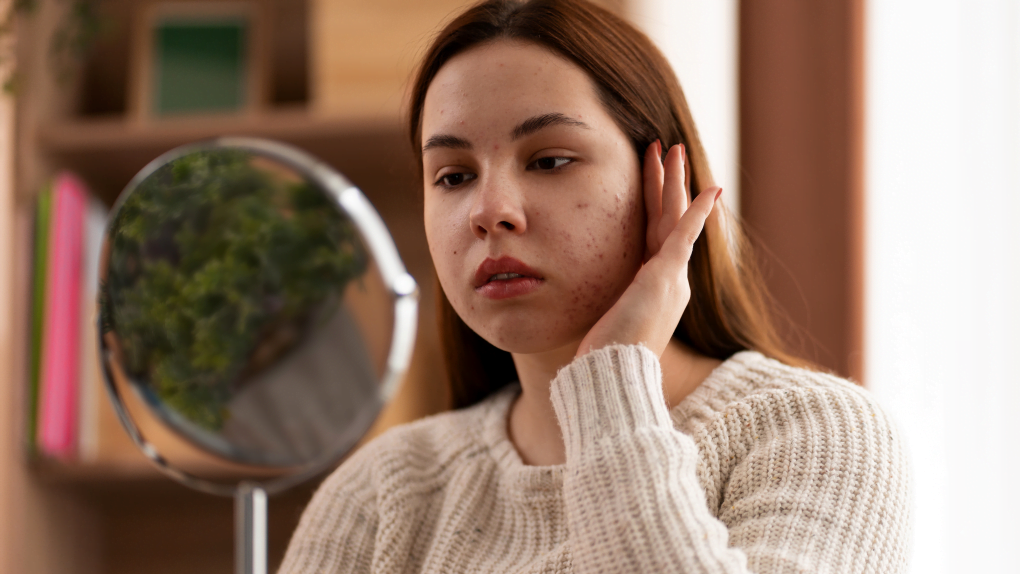
Blackheads are a common skin problem that affects people of all ages and skin types. These tiny dark spots occur when pores become clogged with oil, dead skin cells, and debris. While not posing any health risks, the appearance of these tiny dark spots can be a persistent source of frustration and distress, significantly affecting one’s confidence and desire for a flawless complexion.
Fortunately, there are effective home remedies that can help combat blackheads naturally. If you grapple with blackheads and yearn for practical ways to restore your skin’s radiance, discover these home remedies that promise to revitalize your complexion and foster a renewed confidence in your appearance.
In this article, we’ll explore 10 of the best home remedies for blackheads that actually work, along with some preventive tips to avoid blackhead formation.
10 Methods for Getting Rid of Blackheads
Dealing with blackheads can be a frustrating and persistent skincare challenge. However, specific skincare treatments will work wonders on those pesky deep blackheads, leaving your skin soft and fresh. Here are some effective ways to get rid of your blackheads:
1. Apply a Mask Made of Clay or Green Tea to Your Skin
Using a mask made of clay or green tea can be an effective way to remove blackheads. Clay masks can absorb impurities and excess oil from the skin, including blackheads, while tightening the pores to make them less prone to clogging.
On the other hand, green tea contains antioxidants and anti-inflammatory properties that soothe the skin, reduce redness and inflammation caused by blackheads, and promote overall skin health. These masks can help clear out blackheads and improve the skin’s appearance.
Here are the steps to apply a mask made of clay or green tea to your skin:
- Cleanse your face thoroughly to remove any dirt and makeup.
- Prepare the clay mask or green tea solution according to the product instructions, or mix the clay powder with water or the brewed green tea.
- Apply an even mask layer to your face, concentrating on areas with blackheads.
- Let the mask dry for the recommended time, usually 10-15 minutes.
- Rinse off the mask with lukewarm water, gently massaging it in circular motions to exfoliate the skin and remove blackheads.
2. Use Cinnamon Powder and Honey
The combination of cinnamon powder and honey provides a natural remedy for blackheads. Cinnamon has antimicrobial properties that combat bacteria on the skin’s surface, reducing the risk of infection in clogged pores and blackheads.
Meanwhile, honey acts as a natural humectant, attracting and retaining moisture in the skin and preventing excessive dryness during the blackhead removal process. This blend not only helps to remove blackheads but also leaves the skin feeling soft and hydrated.
Here are the steps to use cinnamon powder and honey for blackheads removal:
- Mix 1 teaspoon of cinnamon powder with 1 teaspoon of honey to form a paste.
- After cleansing your face, apply the paste to the areas with blackheads.
- Gently massage the mixture into your skin for about 5 minutes.
- Leave the paste on for another 5-10 minutes.
- Rinse it off with warm water and pat your skin dry.
3. Use a Face Scrub or Mask
Regular exfoliation is essential for blackhead removal, and using a face scrub or mask with exfoliating agents can be very effective. These products contain gentle exfoliating particles or enzymes that help remove dead skin cells, excess oil, and other impurities from the skin’s surface. By clearing away these build-ups, the risk of blackhead formation is reduced, leaving the skin smoother and more refined.
Here are the steps to use a face scrub or mask to remove your blackheads:
- Choose a commercial face scrub or mask that contains gentle exfoliating agents like jojoba beads or fruit enzymes.
- After cleansing your face, apply the scrub or mask to damp skin, focusing on areas prone to blackheads.
- Gently massage the product in circular motions for about 1-2 minutes.
- Leave the product on for the recommended time, typically 5-10 minutes.
- Rinse it off with lukewarm water, making sure to remove all residue.
4. Use Lemon, Honey, and an Egg
The combination of lemon, honey, and an egg offers a potent solution for blackhead removal. Lemon contains citric acid, which acts as an exfoliant, helping to remove dead skin cells and clear clogged pores that lead to blackheads. Honey, as a natural humectant, keeps the skin moisturized during this process, preventing excessive dryness. The egg white component helps tighten the skin and removes excess oil, reducing the likelihood of new blackheads forming.
Here are the steps to use a lemon, honey, and an egg to remove your blackheads:
- Separate the egg white from the yolk and mix it with 1 tablespoon of honey and a few drops of freshly squeezed lemon juice.
- Cleanse your face thoroughly and pat it dry.
- Apply the mixture to your face, focusing on blackhead-prone areas.
- Allow it to dry for about 15 minutes.
- Rinse it off with lukewarm water and pat your skin dry.
5. Apply Homemade Scrub
Homemade scrubs are effective for removing blackheads due to their exfoliating properties. The grainy texture of ingredients like sugar or coffee grounds helps to physically slough off dead skin cells and unclog pores, freeing trapped debris. Massaging the scrub onto the skin also stimulates blood circulation, promoting healthier skin. However, be cautious with the abrasiveness of homemade scrubs to avoid skin irritation.
Here are the steps to use a homemade scrub to remove your blackheads:
- Mix 1 tablespoon of sugar with a few drops of tea tree oil to form a paste.
- After cleansing your face, apply the scrub to damp skin, concentrating on areas with blackheads.
- Gently massage the scrub in circular motions for about 1-2 minutes.
- Rinse it off with warm water and pat your skin dry.
6. Use Toothpaste
Toothpaste is believed to be useful in removing blackheads due to its drying and anti-inflammatory properties. When applied to affected areas, it dries out excess oil and reduces inflammation, making it easier to extract blackheads. The toothpaste’s consistency can create a temporary adhesive effect, aiding in the extraction of impurities from pores. However, using plain white toothpaste without added ingredients like fluoride or gel is essential, as these may irritate the skin.
Here are the steps on how to use toothpaste to remove your blackheads:
- Before using toothpaste on your face, do a patch test on a small area to ensure you don’t have any adverse reactions.
- After cleansing your face, apply a small amount of toothpaste to individual blackheads or the affected area.
- Leave it on overnight or for a few hours, depending on your skin sensitivity.
- Gently wash it off with warm water and pat your skin dry.
7. Use Coconut Oil
Coconut oil is believed to be effective in removing blackheads due to its natural antibacterial and antifungal properties. When applied to the skin, coconut oil helps to soften and loosen the debris that clogs the pores, including dead skin cells and excess sebum. This makes it easier to dislodge and extract blackheads, reducing their appearance on the skin. Additionally, coconut oil’s moisturizing properties can help prevent excessive dryness and irritation during blackhead removal.
Here are the steps on how to use coconut oil to remove your blackheads:
- Wash your face with a gentle cleanser and pat dry.
- Take a small amount of coconut oil and warm it between your palms.
- Apply the warmed coconut oil to your face, focusing on areas with blackheads.
- Gently massage the oil into your skin for a few minutes.
- Leave the coconut oil on your face for 5-10 minutes to allow it to penetrate the pores.
- Use a warm, damp washcloth to wipe away the oil; not scrub too hard gently.
- Rinse your face with water and follow up with your regular skincare routine.
8. Apply an Exfoliating Solution
Exfoliating solutions contain active ingredients such as alpha hydroxy acids (AHAs) or beta hydroxy acids (BHAs) that work to dissolve and remove the buildup of dead skin cells, excess oil, and debris that can clog pores and lead to blackheads. These chemical exfoliants penetrate deep into the pores, promoting cellular turnover and unclogging the pores, effectively reducing the appearance of blackheads over time.
Here are the steps on how to apply an exfoliating solution to remove your blackheads:
- Cleanse your face with a mild cleanser and pat dry.
- Apply a small amount of the exfoliating solution to a cotton pad or ball.
- Gently sweep the pad over your face, paying extra attention to areas with blackheads.
- Allow the solution to remain on your skin per the product’s instructions.
- Rinse your face thoroughly with water and continue with your regular skincare routine.
9. Use Bentonite Mask
Bentonite clay is known for its excellent absorption properties. When applied as a mask, it can draw out impurities, excess oil, and sebum from the pores, including blackheads. As the clay dries, it contracts, creating a gentle pulling action that helps to loosen and dislodge blackheads. Additionally, the clay’s natural minerals can soothe and calm the skin, reducing inflammation and redness associated with blackheads.
Here are the steps on how to use a bentonite mask to remove your blackheads:
- Start with a clean face.
- Mix bentonite clay with water or apple cider vinegar to form a smooth paste.
- Apply the clay paste to your face, focusing on the areas with blackheads.
- Leave the mask on for the recommended time (usually 10-15 minutes).
- Rinse the mask off with warm water and pat your face dry.
- Apply a lightweight, non-comedogenic moisturizer afterward.
10. Use Orange Peel Face Mask
Orange peel masks are often made by grinding or blending dried orange peels rich in vitamin C and antioxidants. The mask can help unclog pores and reduce blackheads due to its astringent properties. The natural acids in the orange peel can help remove dead skin cells, excess oil, and debris, promoting a smoother complexion and minimizing the formation of blackheads.
Here are the steps on how to use an orange peel face mask to remove your blackheads:
- Dry and grind orange peels to form a powder.
- Mix the orange peel powder with rose water to create a paste.
- Apply the paste evenly to your face, concentrating on areas with blackheads.
- Leave the mask on for 15-20 minutes or until it dries completely.
- Gently rinse off the mask with warm water and pat your face dry.
- Follow up with your regular skincare routine, such as applying moisturizer.
Note: Remember to patch a test on a small area of your skin before applying any method to your entire face to ensure you don’t have any allergic reactions or sensitivities. More importantly, while the mentioned methods can help get rid of blackheads, it’s important to note that every skin is unique, and what works for one person may not work for another. So, to ensure proper diagnosis and treatment, consult with board-certified dermatologists.
10 Tips That Will Prevent the Formation of Blackheads
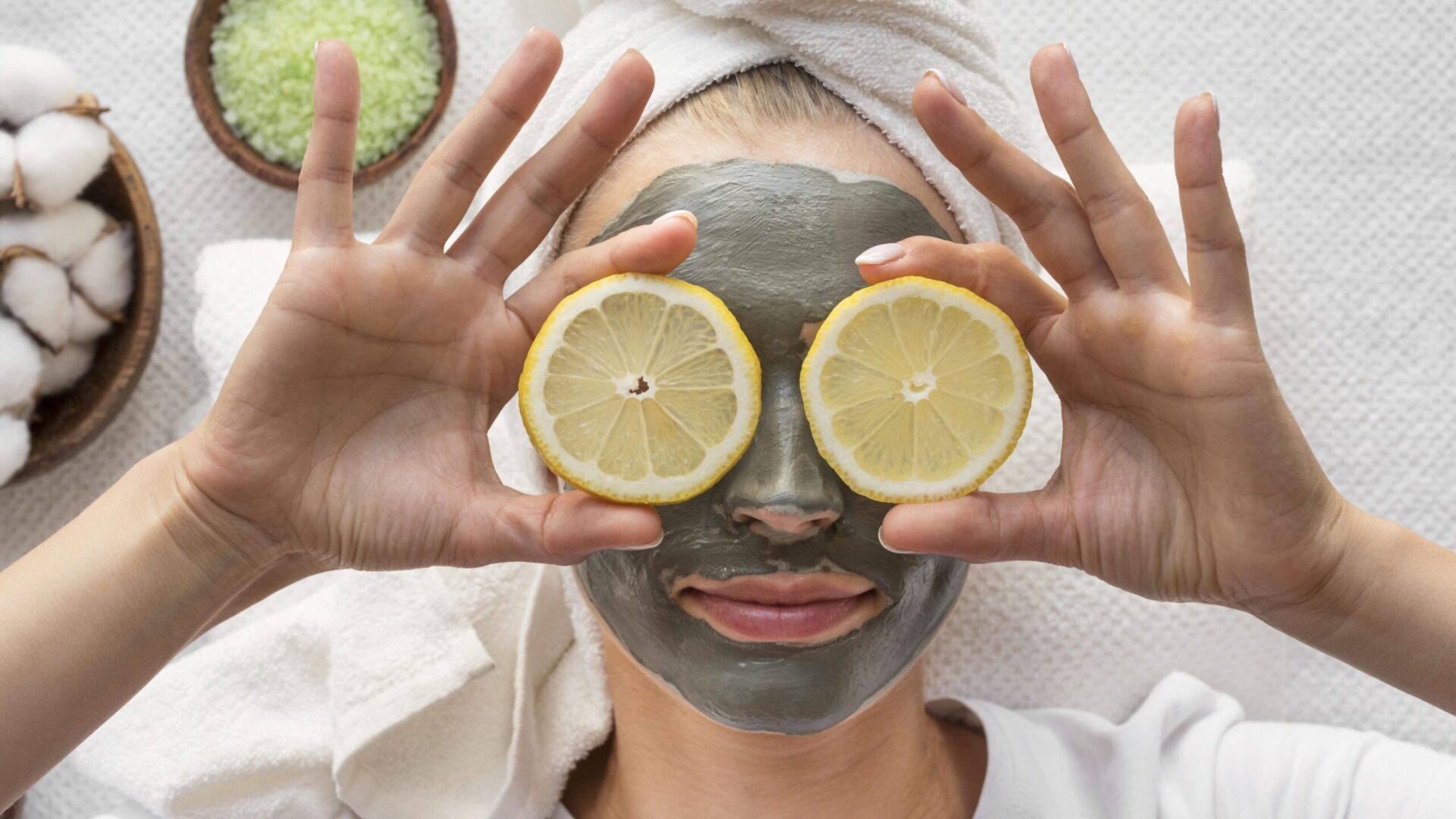
1) Maintain a Healthy Lifestyle
Ensuring a healthy lifestyle prevents blackheads and maintains overall skin health. Regular exercise promotes healthy blood circulation, which helps keep the skin nourished and oxygenated. Additionally, a balanced diet rich in fruits, vegetables, and essential nutrients supports skin health and reduces the likelihood of blackhead formation. Adequate sleep is equally important, as it allows the skin to repair and regenerate, preventing clogged pores that can lead to blackheads.
2) Sweeten Your Wash With Honey
Honey is a natural ingredient with antimicrobial and antioxidant properties, making it an excellent addition to your skincare routine. When used as a face wash, honey helps cleanse the skin without stripping away its natural moisture.
Its gentle exfoliating properties can help unclog pores, preventing the buildup of sebum and dirt that leads to blackheads. Apply a small amount of raw honey to damp skin, gently massage in circular motions, and rinse thoroughly with warm water.
3) Never Pop a Pimple
As tempting as it may be, popping pimples can cause more harm than good. Popping a pimple can lead to further inflammation and can push bacteria deeper into the skin, potentially causing more blackheads and even scarring.
Instead, opt for treatments containing salicylic acid or benzoyl peroxide to help reduce inflammation and clear the pores. If you’re unsure how to deal with a troublesome pimple, consult a dermatologist who can provide professional advice and treatment options.
4) Don’t Over-Do It With Moisturizers
While moisturizing is crucial for maintaining healthy skin, overdoing it can lead to clogged pores and eventually contribute to the formation of blackheads. Choose noncomedogenic or oil-free moisturizers that won’t clog your pores.
These products provide the necessary hydration without exacerbating acne-prone skin. Remember to moderate moisturizer, focusing on areas that tend to get dry, and avoid applying thick layers that might suffocate your skin.
5) Eliminate Foods That Cause Acne
A balanced diet plays a significant role in maintaining clear skin. Although diet alone may not be the sole cause of blackheads, certain foods can trigger or worsen acne-prone skin. High-glycemic foods, such as sugary snacks and processed carbohydrates, have been linked to increased acne.
Dairy products and foods high in saturated fats may also contribute to acne breakouts in some individuals. Consider reducing your intake of these trigger foods and incorporating more fruits, vegetables, whole grains, and lean proteins into your diet.
6) Keep Your Hands off Your Face
Our hands come into contact with various surfaces and carry bacteria and dirt that can quickly transfer to our faces. Touching your face frequently can introduce these impurities to your skin, clogging pores and leading to blackheads and other blemishes. Be mindful of this habit and keep your hands away from your face. If you need to touch your face, ensure your hands are clean, and avoid picking at your skin or squeezing blackheads.
7) Keep Your Face Clean All Day
Maintaining clean skin throughout the day is crucial in preventing blackheads. Use a gentle cleanser suited for your skin type, and wash your face twice a day – once in the morning and once before bedtime.
If you have oily skin or tend to sweat a lot, consider using oil-absorbing sheets or blotting papers during the day to remove excess oil. However, avoid excessive cleansing, as this can strip the skin of its natural oils, leading to increased oil production and potential irritation.
8) Cleanse With Warm Water
Cleansing your face with warm water is a simple yet effective step in your skincare routine that can help prevent the formation of blackheads. So when washing your face, opt for lukewarm or warm water instead of hot water.
Hot water can be harsh on the skin, stripping away essential oils and causing dryness and irritation. Warm water helps open the pores, making removing dirt, excess oil, and debris easier. After cleansing, finish with a splash of cold water to close the pores and tighten the skin.
9) Use Natural Oils When Cleansing Your Face
Contrary to what you might think, certain natural oils can be beneficial for cleansing acne-prone skin. Jojoba oil, grapeseed oil, and tea tree oil have properties that can help dissolve excess sebum and remove impurities without clogging pores.
These oils can also help balance your skin’s oil production. Before using any oil on your face, do a patch test to ensure you don’t have any adverse reactions. Apply a small amount of the oil to your forearm and observe for 24 hours before using it on your face.
10) Try a Coffee & Cocoa Body Scrub
Exfoliating your skin regularly is an effective way to prevent blackheads. A coffee and cocoa body scrub can be a gentle and natural option for exfoliation. The coffee grounds act as a physical exfoliant, removing dead skin cells and unclogging pores. Cocoa is rich in antioxidants, which can help soothe and nourish the skin.
To make the scrub, mix coffee grounds and cocoa powder with a carrier oil like coconut or almond oil to create a paste. Gently massage the scrub onto your face in circular motions, then rinse with warm water. Use this scrub once or twice a week, depending on your skin’s sensitivity.
Dermatologist’s Tips for Tackling Blackheads: What You Need to Know
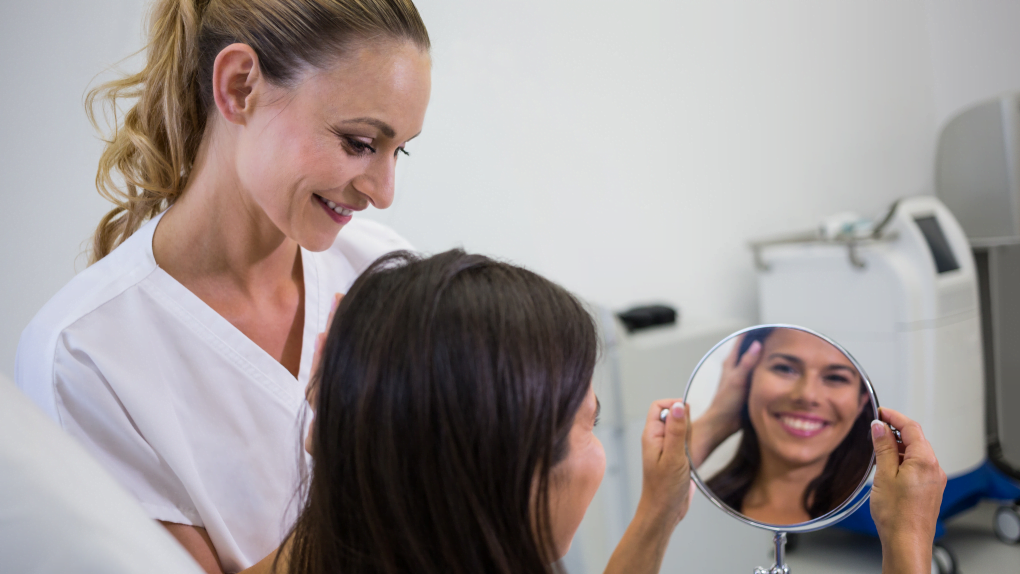
According to dermatologists, there are several effective home remedies to keep blackheads at bay. However, many people disregard these and instead choose to squeeze their blackheads, leading to inflammation and damage to the skin. In this case, dermatologists recommend using gentle cleansing and exfoliation instead to remove and prevent blackheads.
Additionally, using ingredients like salicylic acid and tea tree oil in your skincare routine can be beneficial in reducing blackheads. It is worth noting that academic research institutions have backed these home remedies. So, if you are tired of popping blackheads or using ineffective commercial products, it might be worth trying various home remedies available.
Frequently Asked Questions
Q: What are blackheads?
A: Blackheads are a type of acne characterized by clogged pores. They form when the opening of a hair follicle becomes clogged with oil, dead skin cells, and bacteria.
Q: How do blackheads form?
A: Blackheads form when the hair follicles become clogged with dead skin cells and oil. Various factors, such as hormonal changes, excess oil production, or poor skin hygiene, can cause this clogging.
Q: What are some ways to get rid of blackheads?
A: There are several ways to get rid of blackheads. Some effective methods include topical retinoids, chemical peels, or home remedies such as squeezing your blackheads. Choosing a method that suits your skin type is important, and consult a dermatology expert if needed.
Q: Can I prevent blackheads from forming?
A: You can prevent blackheads from forming by practicing good skincare habits. This includes regularly cleansing your face, exfoliating to remove dead skin cells, and using non-comedogenic products. It is also important to avoid squeezing or picking at blackheads, which may worsen the condition.
Q: Are home remedies effective in treating blackheads?
A: Yes, several home remedies can be effective in treating blackheads. Some popular remedies include using products with salicylic acid and applying masks made with natural ingredients to help in blackhead removal. However, it is essential to note that results may vary depending on the individual and the severity of the blackheads.
Q: What is salicylic acid, and how does it help treat blackheads?
A: Salicylic acid is a beta hydroxy acid commonly used in skin care products for acne treatment. It helps exfoliate the skin and unclog pores, effectively treating and preventing blackheads.
Q: What are retinoids, and how do they help treat blackheads?
A: Retinoids are derivatives of vitamin A that can help treat various skin conditions, including blackheads. They promote cell turnover and prevent the clogging of pores, thus reducing the formation of blackheads.
Q: Can I squeeze my blackheads to remove them?
A: While you can do so, it is not highly recommended. Instead, it is best to use proper blackhead removal methods or seek professional help from a dermatologist.
Q: What are the risks of squeezing blackheads?
A: Squeezing blackheads can lead to various risks, such as skin irritation and redness, inflammation, infection, increased risk of scarring, spreading bacteria, and causing more breakouts.
Q: Are there any over-the-counter products that work for blackheads?
A: Yes, products that can help with blackhead removal are available over the counter. Look for products containing salicylic acid, benzoyl peroxide, or glycolic acid, as they can help unclog pores and exfoliate the skin. Neutrogena is a popular brand that offers such products.
Q: When should I see a dermatologist for blackhead treatment?
A: If home remedies and over-the-counter products are not effectively treating your blackheads, it may be time to see a dermatologist. A dermatologist can assess your skin condition and provide professional treatments, such as extractions, chemical peels, or prescription medications.
Q: How often should you remove blackheads?
A: Once you’ve unclogged your pores with an exfoliant, it’s best to check for blackheads at least once a week. This also means checking the skin on your neck and chest so they don’t become irritated or infected.
Q: Do blackhead vacuums work?
A: The vacuum technique removes blackheads by sucking them out of the pore with a gentle suctioning device, similar to how a syringe might withdraw liquid from a vial. This process movement pushes open the pores and provides easier material extraction in and around them.
Q: Will I have blackheads forever?
A: No. Some people will claim blackheads are forever, but this isn’t true. If you take care of your skin and keep them under control, it should eventually go away on its own.
Q: Can you remove blackheads with tweezers?
A: No, not really. Many people use tweezers or a clean finger to try and remove blackheads from their skin, but the most success comes with a professional salon extraction or an extraction tool from home.
Q: What is a chemical peel, and how does it help with blackheads?
A: A chemical peel is a cosmetic procedure in which a chemical solution is applied to the skin to exfoliate and remove dead skin cells. It can help improve the appearance of blackheads by unclogging the pores and promoting cell turnover. However, it is recommended to consult a dermatology expert before undergoing a chemical peel.
Q: Should I squeeze my blackheads?
A: While squeezing your blackheads may provide temporary relief, it is not recommended as a long-term solution. Squeezing can damage the skin and lead to scarring or infection. It is best to consult a dermatology expert for safe and effective blackhead removal methods.
Q: Are there any precautions when using metal or plastic tools for blackhead removal?
A: When using metal or plastic tools for blackhead removal, it is important to ensure they are properly sterilized to minimize the risk of infection. Also, avoid using excessive pressure or digging into the skin, which can cause damage and scarring. If you are unsure about using these tools, it is best to consult a dermatology expert.
Conclusion
In conclusion, several tips and home remedies can help you get rid of blackheads effectively. Firstly, it is essential to prevent new blackheads from forming by maintaining a proper skincare routine. Regularly washing your face with gentle cleansers and exfoliating can help unclog pores and remove excess oil.
However, handling your skin with care is important, especially if you have sensitive skin. Harsh scrubbing or over-exfoliating can irritate the skin and lead to further blackhead formation. Additionally, avoiding squeezing or picking at blackheads is advisable, as this can cause scarring and worsen acne.
If home remedies do not improve the appearance of blackheads, you should make an appointment with your dermatologist, as they can provide further guidance and prescribe necessary treatments. When choosing skincare products, opt for noncomedogenic products to prevent clogging of the pores. Lastly, be mindful of dry skin, as excessive dryness can trigger more oil production and produce more blackheads.
For more valuable content like this, join our community at the Family Hint today!



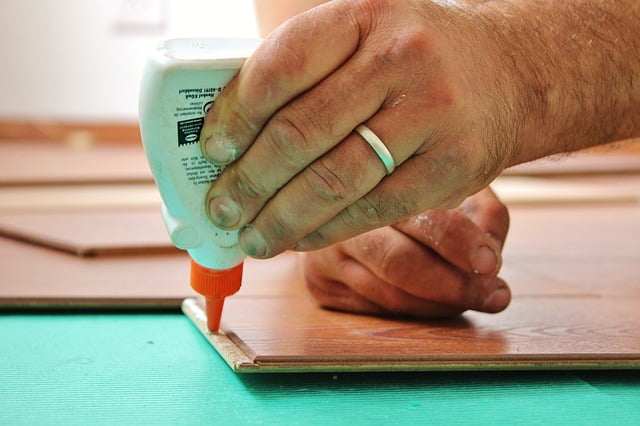
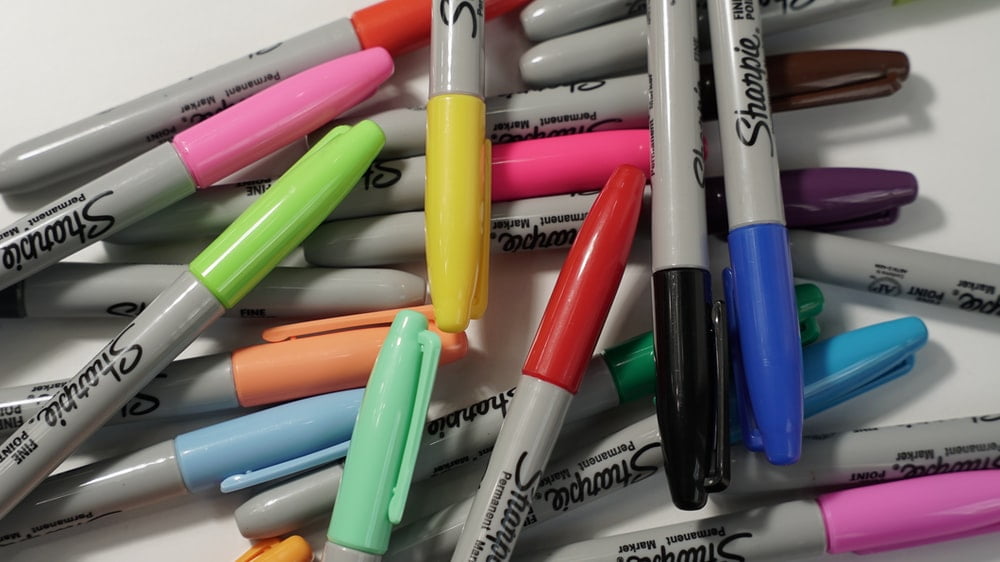
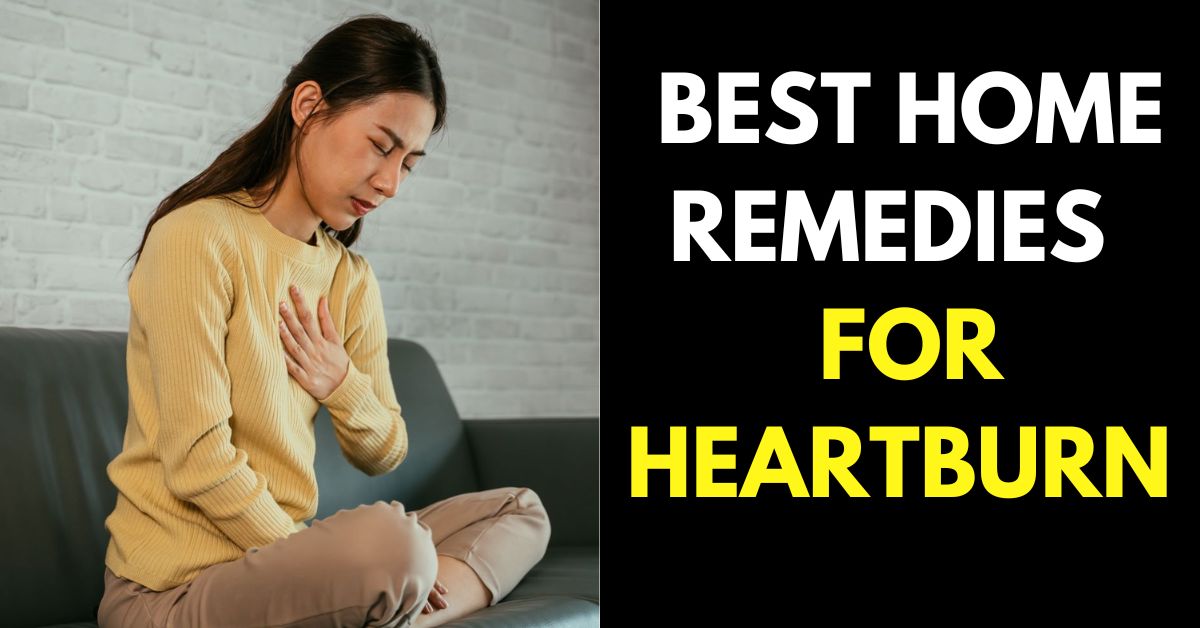
5 comments
Ever heard of Blackheads on the legs, like below the knees, my mom has them, can’t seem to get rid of the things, do you think some of these ideas would work for her?
Hi Nancy
Try Antibiotic creams: such as Acne Treatment Differin Gel
My partner and I absolutely love your blog and find a lot of your post’s to be just what I’m looking for. Would you offer guest writers to write content in your case? I wouldn’t mind writing a post or elaborating on some of the subjects you write regarding here. Again, awesome web log!
Comments are closed.